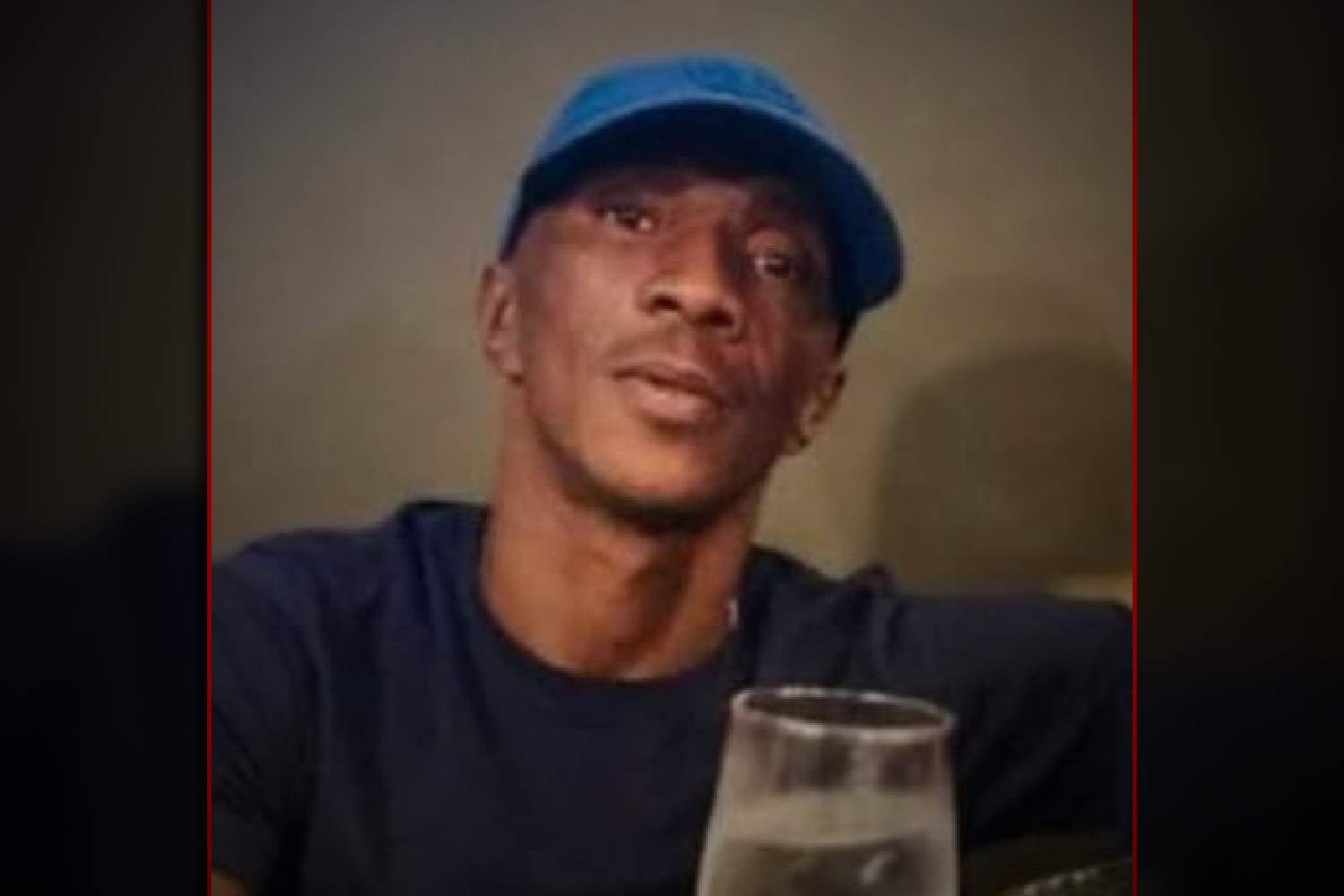The funeral of Ayanda “Stix” Yisaka, a feared Boko Haram gang leader, was held this past weekend in the Eastern Cape.
Funeral of Ayanda Yisaka draws young mourners
Yisaka was shot dead during a police operation on Thursday, 31 July 2025, at around 15:0 SAST in Site B, Khayelitsha.
Videos from the funeral show groups of young schoolgirls, calling themselves “Boko Girls,” praising the slain leader as a “father figure.”
Many minors chanted his name and celebrated his influence, a worrying indication of how deeply he was idolised in the Cape Flats despite his violent reputation.
Community leaders have raised concerns about the impact of such adoration, saying it showcases how vulnerable young people are being pulled into gang culture.
How Ayanda Yisaka was killed
According to the Independent Police Investigative Directorate (IPID), officers attempted to stop Yisaka’s vehicle on Pama Road in Site B.
IPID spokesperson Lizzy Suping said that after initially refusing to stop, Yisaka pulled over at the corner of Pama and Lwandle roads.
She explained that Yisaka allegedly pointed a firearm at police officers, who then opened fire. He died at the scene.
The incident has since triggered fears of revenge attacks by Boko Haram members against both police and local communities.
Rise in extortion after Yisaka’s death
In the weeks following Yisaka’s killing, foreign-owned spaza shops in Khayelitsha and Makhaza have reported an increase in extortion demands. Shopkeepers say monthly “protection fees” charged by gangs rose from R1,500 to R4,500, forcing more than 30 shops to close.
One Somali shop owner told reporters that he could no longer afford to operate, saying he feared for his family’s safety. The closures have left many residents without access to basic essentials, forcing them to travel further to buy food and other goods.
Community organisations have urged stronger police protection for traders, warning that unchecked extortion could deepen poverty and food insecurity in Cape Town’s townships.
Boko Haram’s network and rivalries
The Boko Haram gang in Cape Town is not connected to the Nigerian terrorist group of the same name. Instead, it is a local criminal organisation specialising in extortion and cash-in-transit heists.
A Western Cape High Court judgment delivered in November 2023 explained that Boko Haram, together with a splinter group called The Guptas, has been responsible for some of the most violent incidents in the province.
These include mass shootings in Khayelitsha in 2020 and 2021, which killed nearly 20 people.
Judge Daniel Thulare noted that both gangs mainly target foreign shopkeepers, especially Somali nationals, demanding protection money under threat of violence.
Police and community leaders fear that Yisaka’s death may spark a leadership struggle within Boko Haram or an escalation of violence as the gang reorganises. His funeral celebrations by minors point to the gang’s growing influence on Cape Flats youth, raising concerns that a new leader will soon take over.
Authorities have urged residents to assist with investigations and continue to report criminal activity anonymously.
At the same time, law enforcement is under pressure to provide faster response times to reports of extortion and to protect vulnerable shopkeepers from further intimidation.
